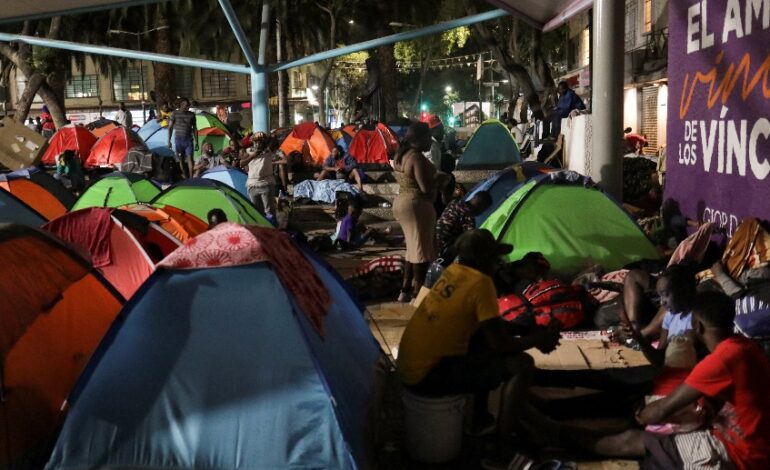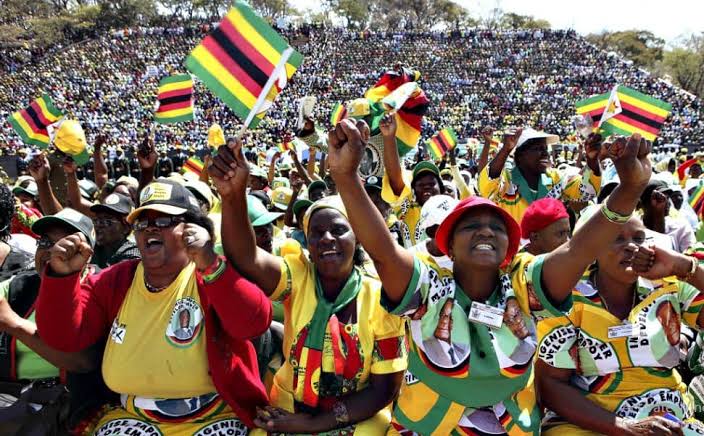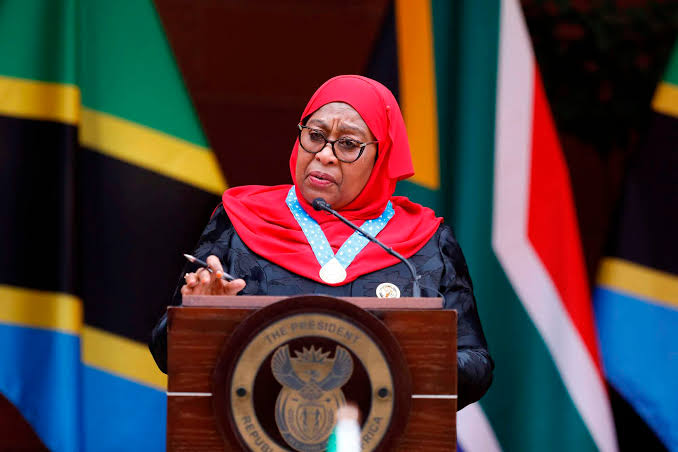
Faith Nyasuguta
In November 2021 at the Dubai Airshow, Tanzania ordered for a Boeing 767-300 freighter in addition to a 787-8 Dreamliner and two 737 MAXs. The freighter was set to be used to capitalise on Africa’s growing cargo demand, according to Boeing and the Air Tanzania Company.
“The 767 freighter will give Air Tanzania exceptional capability and flexibility to meet passenger and cargo demand within Africa and beyond,” Air Tanzania chief executive Ladislaus Matindi said.
Currently, as the national carrier prepares to receive Africa’s first B767-300F, a mix of excitement and anxiety is palpable in Dar es Salaam. In March, plane spotters saw the aircraft conducting test flights at the Boeing Factory at Paine Field, Seattle. It was set to be delivered to the Julius Nyerere International Airport on March 31, but the delivery was delayed by “supplier issues”.
Immediate sacking
According to Boeing, “quality issues” forced it to rework the 767Fs and the delivery is expected this month.
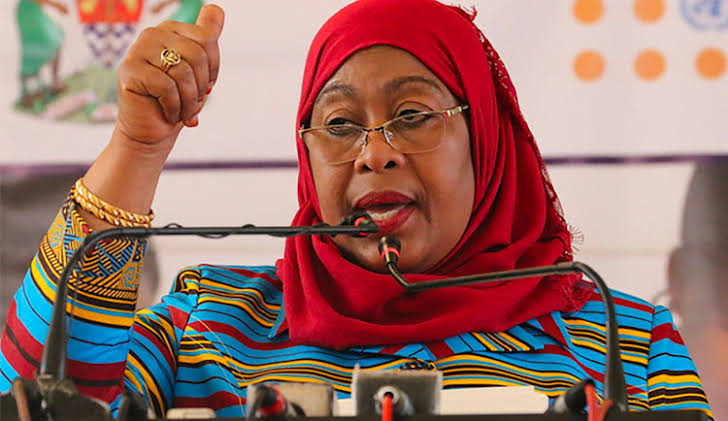
However in Dar, President Samia Suluhu Hassan has been fuming over the purchase of this plane, which was billed to turn Dar into a cargo hub in the region. The newest report of the Controller and Auditor-General (CAG) has uncovered massive overpricing, after an $86 million invoice was submitted to the government as the final instalment.
This is well over double the $37 million figure in the original purchase contract agreed with the plane manufacturer in Washington D.C.
Irked by the revelations amid a growing public outcry, on April 9, President Samia sacked John Nzulule, director-general of the Tanzania Government Flight Agency, which was charged with handling Air Tanzania’s plane purchases under the John Magufuli-initiated revival strategy.
Dissolved railways board
The President also dissolved the Tanzania Railways Corporation board, after the CAG findings showed that the public agency twice rejected tenders to purchase locomotives and passenger coaches for the new standard gauge railway (SGR) at the lowest bid price of $263.4 million, in favour of a $478 million offer, costing the government about $215 million more.
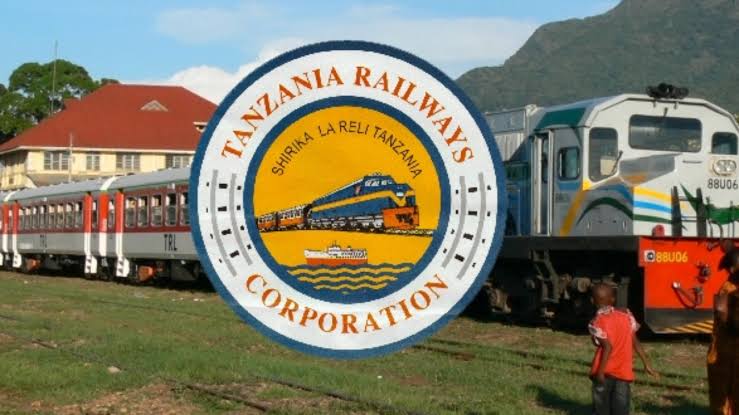
The rot in the two corporations is just an example of a web of corruption in the Tanzanian government and quasi-government institutions flagged by the CAG Charles Kichere.
The revelations in Mr Kichere’s audit for the 2021/2022 fiscal year, which was made public on April 7, put the spotlight on the President, who has been endeavouring to clean up the public sector and the country’s image as an investment destination in Africa, devoid of red tape and graft.
Campaign for re-election
They also potentially dent her campaign for re-election in the next cycle of polls.
Mr Kichere’s report unveils serious misuse and embezzlement of funds in flagship government projects dating from the era of Samia’s predecessor John Magufuli, but this time also implicating her own administration in no small measure.
Firebrand opposition leader Tundu Lissu of the Chadema party has put the estimated loss of public funds due to graft, mismanagement and negligence at Tsh2 trillion ($862 million).
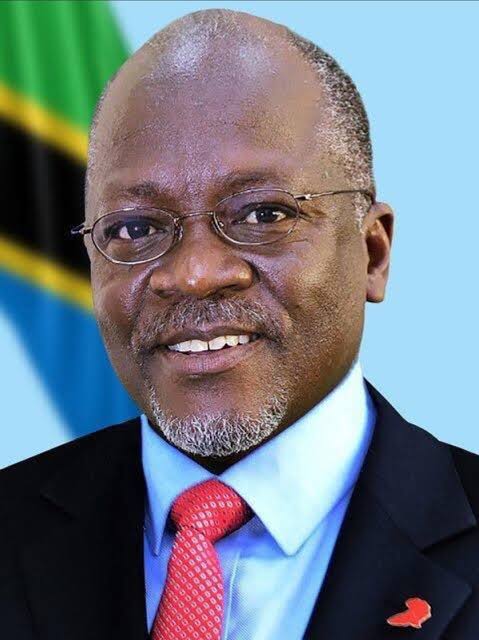
Major projects such as the standard gauge railway, the Nyerere Hydropower Dam and the Air Tanzania revival programme have been flagged for serious impropriety while virtually all the key public utilities are under scrutiny for irregular expenditure.
Same suspects
Backed by President Samia’s call for more transparency in government spending, the annual CAG audit for the first time included projects that were previously exempt from audit by the Magufuli administration. One is the Air Tanzania’s plane purchases.
Although CAG Kichere issued unqualified opinions indicating satisfactory financial reporting and record-keeping by 96 percent of the 1,045 government agencies audited in 2021/2022, his report details endemic financial irregularities and loss-making trends in most of them.
The spotlighted entities included the Tanzania Telecommunications Corporation, Tanzania Electric Supply Company, Medical Stores Department, Muhimbili National Hospital, Tanzania National Parks Authority, Rural Energy Agency and the National Health Insurance Fund.
Pension funds National Social Security Fund (NSSF) and Public Service Social Security Fund were found to be struggling with fast declining occupancy rates in their Dar es Salaam real estate investments, partly due to a steady exodus of big business clients to the administrative capital Dodoma.
Poor business decisions
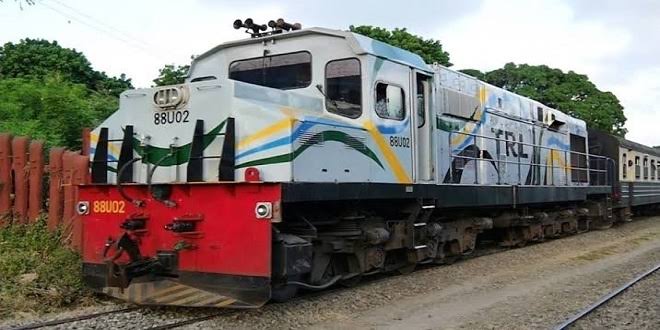
A total of 45 public entities were cited for making losses for two consecutive years, 14 of them being commercial firms that are supposed to be reporting profits instead of losing money.
Top on the new list of shame is the national carrier, Air Tanzania, despite cutting its losses minimally from $15.6 million to $15.17 million.
Tanzania Railways Corporation posted a much higher deficit — $13.5 million in 2022 — against $9.83 million in 2021.
The National Development Corporation cut its losses by over half, from $11.33 million in 2021 to $5.13 million, but remained on the critical list.
State-owned TIB Development Bank recorded a $361,200 loss in 2022, against $125,990 in 2021, which was blamed on an increase in non-performing loans to 20.3 percent, well above the central bank’s 5 percent threshold. It is instructive to state that most of the bank’s clients are government institutions.
Among non-commercial firms, the NHIF led in the loss-making zone, with its losses shooting up almost twofold from $47.28 million to $88.2 million in just two years.
According to Mr Kichere, most of the listed non-commercial public entities suffered as a consequence of “having no access to government subsidies or alternative sources of income,” while those in the commercial category were guilty of “poor business decisions, poor supervision of investments, and poor financial management.”
The collusion
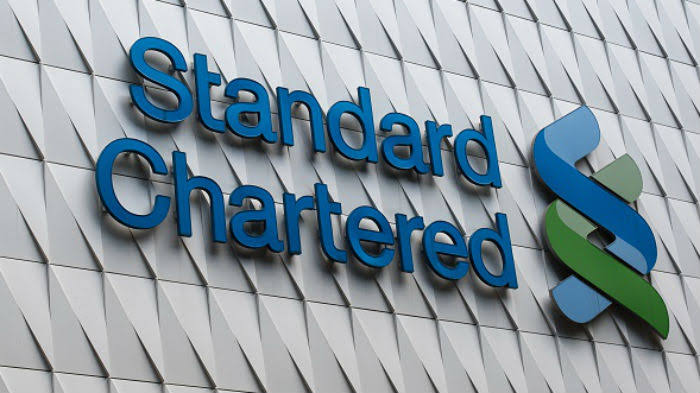
The report says that many government institutions have failed to meet their own performance targets in line with strategic plans, undermining their ability and capacity to compete with private sector rivals. Weaknesses were also detected in revenue collection and recording in 180 local government authorities, with more than $39.22 million going down the drain.
The audit also brought to light that government officials were colluding with some international private companies to perpetrate the graft and rot within government, as in the invoice matter involving aircraft maker Boeing.
Standard Chartered Bank has also been criticised over the conditions that it set for a $1.46 billion loan to facilitate the SGR project, which ultimately raised the cost by several million dollars.
Single-sourcing trap
According to the report, the bank named Turkish firm Yapi Merkezi as the only acceptable contractor for at least two phases of the project. The company was eventually awarded the construction job via a single-source tender arrangement, in spite of Tanzania’s procurement rules that stipulate competitive bidding for such contracts.
Under the Yapi Merkezi contract, the Tanzanian government is obliged to pay between $5.2 million and $5.5 million for each rail kilometre built over a 790-kilometre stretch, while other phases of the planned 1,800-km line, which were subjected to a competitive bidding process, are costing from $3.9 million to $4.6 million per kilometre.
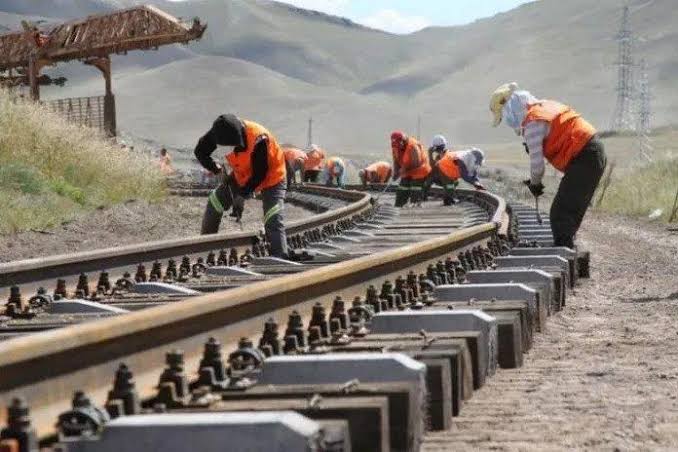
In its 2022 report on operations in Tanzania, Standard Chartered Bank described its SGR loan as the “largest syndicated transaction in sub-Saharan Africa outside the oil and gas sector to date (which has) positively changed the accepted norms on how such deals are structured and how risks are managed effectively.”
Hydropower project
The Nyerere hydropower project in southern Tanzania was also flagged for delayed payment of $141.33 million in assorted levies to hasten its completion.
President Samia has instructed Chief Secretary Moses Kusiluka to supervise “legal action” against public officials implicated in the widespread financial accounting flaws spelt out in the audit.
Public expectations are that the President’s move marks the beginning of a bigger crackdown on government corruption under her government and more heads will roll.
Uncontrollable factors
But the president continues to face pressure to do much more towards curbing graft within her administration, with main opposition parties Chadema and ACT Wazalendo predictably using the CAG report’s findings as fresh fuel to further drum up public apathy towards Samia’s ruling CCM party.
ACT Wazalendo leader Zitto Kabwe described the report’s findings as “the same old story” of poor governance under CCM, quoting the report’s observation that only 36 percent of the 6,947 recommendations contained in the 2020/2021 audit were implemented.

Chadema secretary-general John Mnyika said the public outcry triggered by the report’s revelations was not likely to cool down as quickly as in previous years because of a soaring cost of living caused in part by some uncontrollable factors such as the Ukraine war, drought and the impact of Covid.
According to Mr Mnyika, ensuring financial discipline in governance should be “a top priority at this time of economic difficulties for everyone.”
“Adding up all the dirt mentioned by the Controller and Auditor-General this year, more than Tsh2 trillion have been lost,” Mr Lissu is quoted by the Citizennewspaper as saying. “This is happening in a country whose people are facing many problems.”


